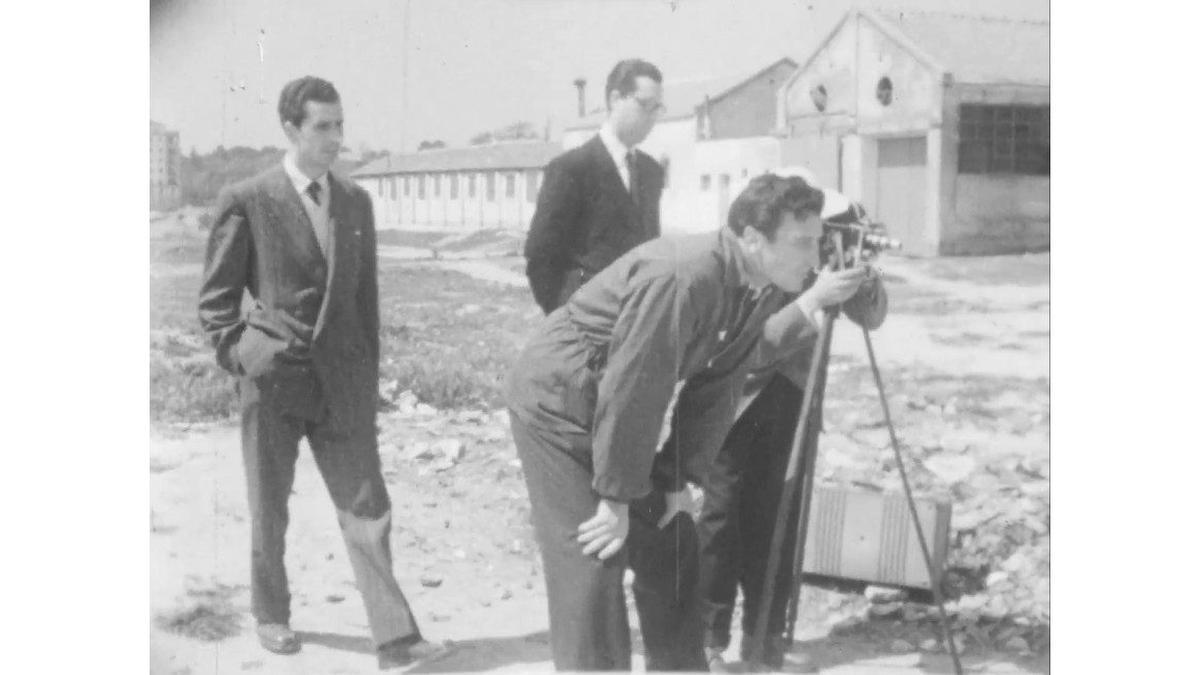
A new wave of excitement is rippling through the film industry as the Cannes Film Festival prepares to screen a groundbreaking biopic that is stirring up conversations and expectations alike. The film, titled “Putin,” leverages cutting-edge artificial intelligence technology to deliver a never-before-seen portrayal of the enigmatic Russian President Vladimir Putin, crafted by the innovative Polish director Besaleel, more widely known in the industry as Patryk Vega.
The anticipation surrounding “Putin” is not simply due to its high-profile subject matter. The project represents an unprecedented collaboration between Besaleel and his tech company AIO. Together, they have pushed the boundaries of digital cinema by using AI to faithfully recreate the likeness of real-life figures on the silver screen. Besaleel unveiled the intricate process to The Hollywood Reporter, detailing how a Polish actor’s performance was captured on film before AI technology meticulously overlaid Putin’s visage, resulting in a high-resolution, strikingly lifelike depiction.
“Putin,” a political thriller at its core, invites audiences into a realm of intrigue and power as it attempts to distill the essence of the Russian leader’s life. Venturing through historical landmarks, including the Moscow theatre hostage crisis and the ongoing conflict in Ukraine, the narrative bends reality with fiction to paint Putin as the ultimate gangster. The trailer alone has managed to entice and unsettle viewers, as it reveals the AI-rendered Putin in moments of vulnerability and controversy, ultimately aiming to reshape perceptions of political authenticity and the potential of artificial intelligence in the arts.
As Besaleel makes his English-language debut with “Putin,” he stands firm on his reputation for creating thought-provoking, sometimes audacious, pieces of cinema. The ensuing controversy and skepticism have not deterred the film’s progress. In fact, the decision to approach Putin’s life story through a lens of AI-enhanced storytelling only highlights Besaleel’s desire to challenge norms within the film-making ecosystem and beyond.
Scheduled to start its theatrical journey in Eastern Europe on September 26, “Putin” is not just a film, but is set to be an industry-wide litmus test. Will the film’s reception by international audiences and critics signal a readiness to accept AI as a standard tool in filmmaking? This is the question set to be answered by “Putin’s” performance in the market.
German distribution giant Kinostar, charged with the worldwide circulation of the movie, is prudently poised to evaluate global interest in the biopic during the forthcoming Cannes film market. Having already showcased the film at the AFM (American Film Market) last year, Kinostar’s next goal is to secure distribution deals capable of catapulting “Putin” onto screens across the globe, igniting discourse not only about the film’s enigmatic subject but also about the evolving role of AI in crafting the narratives of world cinema.
As “Putin” sets its sights on Cannes, it has already struck a chord with film enthusiasts and industry professionals alike. It poses questions about the future of film production, the ethics of AI utilization, and the way audiences engage with portrayals of real figures on film. Besaleel’s foray into AI cinema might just be the dawn of a new age of storytelling, as the film world keenly awaits the full impact of his bold cinematic endeavor.










